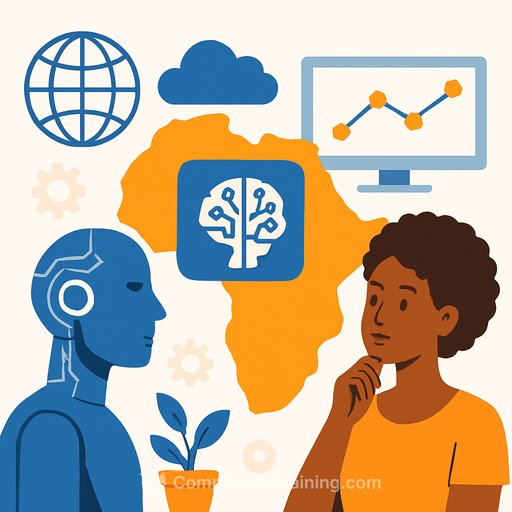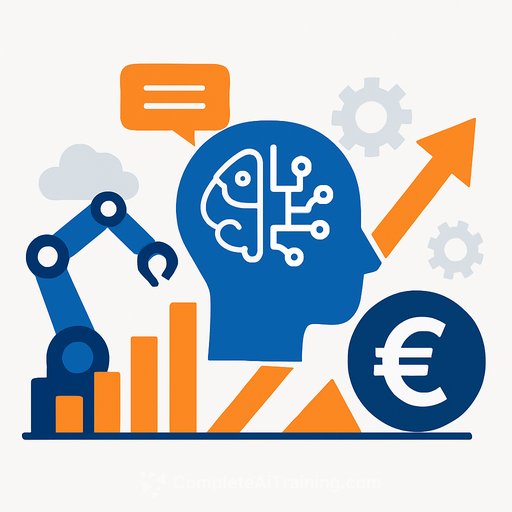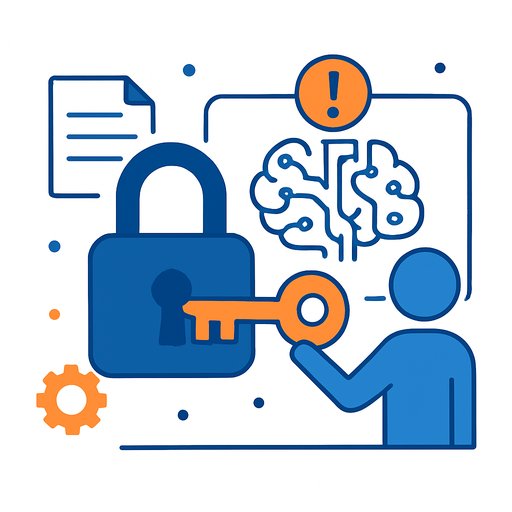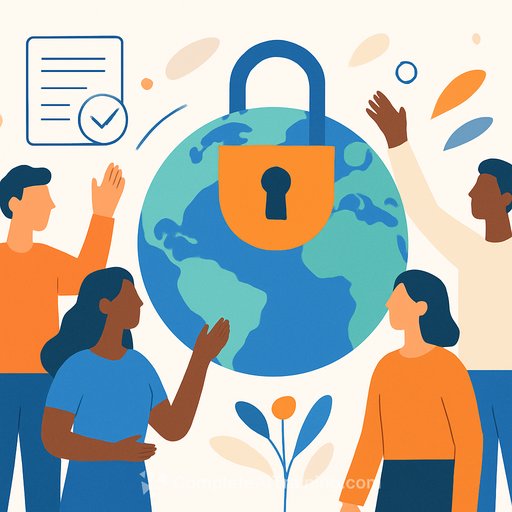Big Tech’s Growing AI for Good Investments in Africa Face Rising Skepticism
Google, Microsoft, and Meta are increasing their AI initiatives in Africa, targeting challenges like wildfires and maternal health. These efforts come with promises of social impact but also raise concerns about data exploitation and foreign dependency.
Since 2020, Google alone has invested $200 million in AI-driven social projects worldwide. In July 2025, the company opened an AI Community Center in Ghana and announced a $37 million fund for AI for Good projects across Africa. Other tech giants, including Microsoft, Meta, Amazon, and Apple, are pursuing similar social impact initiatives.
Promising AI Tools with Local Applications
Google operates two AI labs in Africa—located in Accra and Nairobi—that have launched AI models tackling climate change, public health, and urban development. For example, Google’s hydrological AI model uses satellite data to predict flooding up to seven days in advance across 41 African countries, helping governments and organizations prepare and respond more effectively.
This tool was instrumental in Nigeria’s Niger state, where the nonprofit GiveDirectly used it to identify vulnerable communities and distribute aid more efficiently. The project cut what would have taken months of fieldwork down to about three weeks, saving an estimated $80,000.
In Nairobi, Google’s MetNet AI system forecasts precipitation to assist farmers in making critical decisions, like timing fertilizer application. Additionally, a Google Maps-based dashboard helps predict traffic delays to Ghanaian public maternity hospitals, addressing one of the region’s urgent health challenges.
Collaborations and Expanding Reach
Microsoft’s partnership with Amref Health Africa develops AI solutions for community healthcare, focusing on improving access and planning. Meta supports similar efforts to optimize health systems, including facility placement and outreach services.
Microsoft emphasizes open-source collaboration, aiming to reduce barriers for governments and organizations to adopt AI tools without prohibitive costs. This approach seeks to make AI more accessible across diverse African contexts.
Concerns Over Data Use and Dependency
Despite these positive applications, experts caution that Africa risks becoming a testing ground for AI technologies that primarily benefit foreign companies. Critics highlight a pattern where AI projects collect data under the guise of social good but reinforce dependency on global tech firms.
Asma Derja, founder of an ethical AI advocacy group, warns that without strong local infrastructure, Africa may continue to serve corporate interests disguised as philanthropy. Shikoh Gitau, CEO of a Nairobi digital firm, points out that these companies' primary goal is to secure valuable data for competitive advantage.
Examples from outside Africa underscore these issues. Microsoft’s Project Ellora faced criticism for gathering speech data from rural Indian workers who have limited access to the technologies the AI aims to improve. Similarly, Microsoft faced backlash in Argentina for collecting sensitive personal data under social program pretenses.
Tech Giants Respond to Criticism
Google’s head of Research Africa emphasizes transparency and local collaboration. The company states it uses responsibly governed datasets and fosters leadership roles for African researchers and entrepreneurs to ensure community ownership of AI solutions.
Efforts are also aligned with broader international frameworks. The United Nations expects AI to accelerate most of its sustainable development goals. Meanwhile, the European Union and African Union have drafted policies to promote safe and responsible AI adoption.
Looking Ahead
The AI landscape in Africa is evolving quickly, with significant potential economic value projected by analysts. However, balancing innovation with ethical data practices and local empowerment remains critical.
For IT and development professionals interested in AI’s social applications and ethical challenges, exploring educational resources can provide deeper insights. Platforms like Complete AI Training offer courses on AI tools and ethical frameworks to help navigate this complex environment.
Your membership also unlocks:






